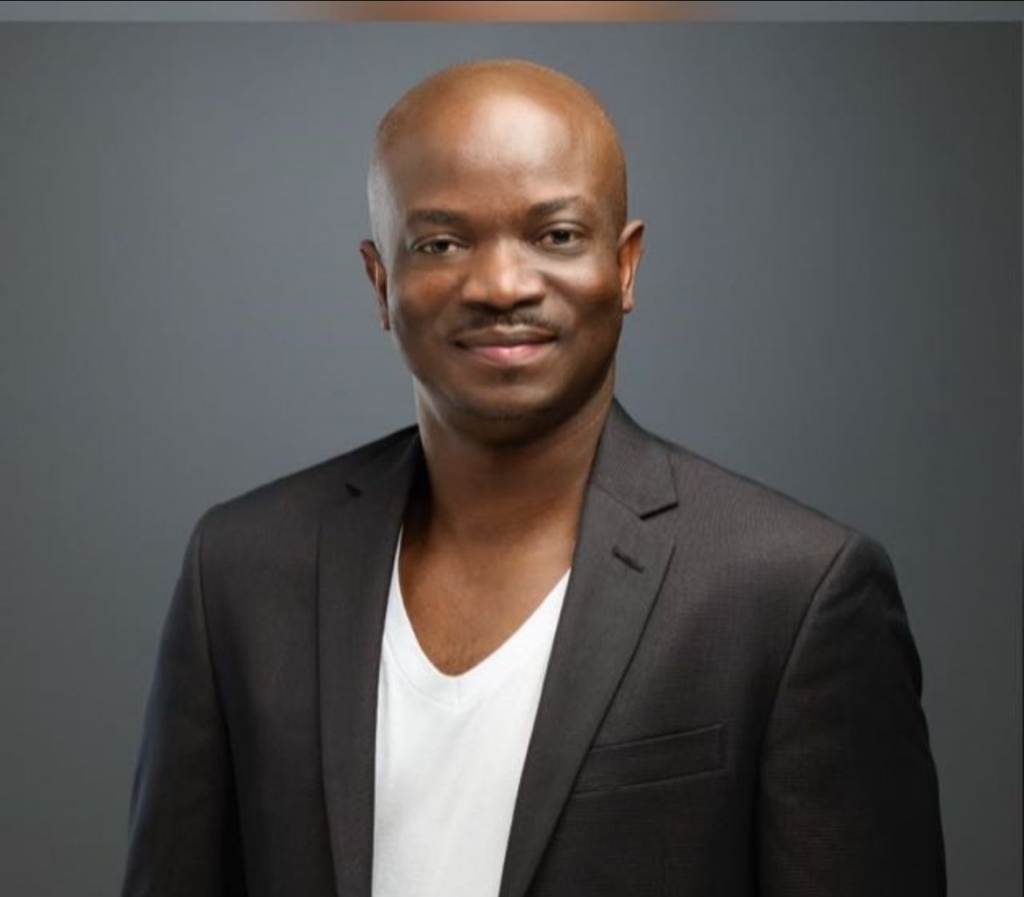
Renaming our universities deserves due process, that is respectful.
In a country where politics often overshadows policy, the courage to correct a wrong, especially one inherited—is rare. That is why the bold and principled stand taken by the Minister of Education, Honourable Iddrisu Haruna (MP, Tamale South), regarding the politically motivated renaming of public universities, must be commended and supported by all who cherish institutional integrity and democratic accountability.
Over the last few years, several public universities in Ghana were renamed by the previous government with little or no broad-based consultation. Checks indicate. These actions were carried out hastily and without the involvement of key stakeholders: university boards, academic boards, alumni associations, traditional leaders, and, perhaps most importantly, the Ghanaian public. What should have been a deeply reflective and participatory national discourse became a partisan exercise in legacy branding.
Let us be clear: our public universities are not mere extensions of government power. They are national assets—cradles of research, repositories of knowledge, and beacons of intellectual independence. Their names carry not just academic weight but historical identity, regional significance, and public sentiment. These engagements are supreme! Changing those names without a legitimate, transparent, and consultative process is not only an affront to academic tradition but a dangerous precedent that risks politicising higher education.
Hon. Iddrisu Haruna’s insistence on a comprehensive national dialogue around these name changes is therefore not political posturing. It is statesmanship. It is faith and love for country. It reflects a deeper understanding that in democracies, public institutions must be shielded from political manipulation and guided instead by the will of the people and the values of good governance.
The argument is not whether names can be changed. Certainly, they can—but only through a legitimate process. What Hon. Haruna is advocating is a return to due process: the establishment of frameworks that require institutional consent, stakeholder engagement, parliamentary oversight, and public input. A name must earn national respect—not be imposed to serve a fleeting political narrative and fabricated history making.
For example, if a university is to be renamed in honour of a national hero, let the nation be involved in that decision. Let the public debate it. Let historians, educationists, and traditional authorities weigh in. Let it pass the test of collective approval.
That is the kind of democracy Hon. Haruna envisions—a Ghana where decisions, especially about public institutions, reflect the voices of the people.
Some may argue that revisiting these name changes is a distraction. But in truth, it is a powerful gesture of national healing and institutional restoration.
It is about correcting a governance flaw, crafted by the previous government. The essence of the Honourable Minister’s action is not meant to erase progress, but by upholding the principle that progress must be people-centred. People must be respected.
Our universities are not the legacy of any one administration; they are the legacy of the Ghanaian people. Their names, therefore, must not be politically transactional but democratically endorsed. Hon. Haruna’s initiative is a call to reason, responsibility, and reform.
Let us rally behind this call, not because it is politically convenient, but because it is morally right and democratically sound.
DISCLAIMER: The Views, Comments, Opinions, Contributions and Statements made by Readers and Contributors on this platform do not necessarily represent the views or policy of Multimedia Group Limited.
DISCLAIMER: The Views, Comments, Opinions, Contributions and Statements made by Readers and Contributors on this platform do not necessarily represent the views or policy of Multimedia Group Limited.